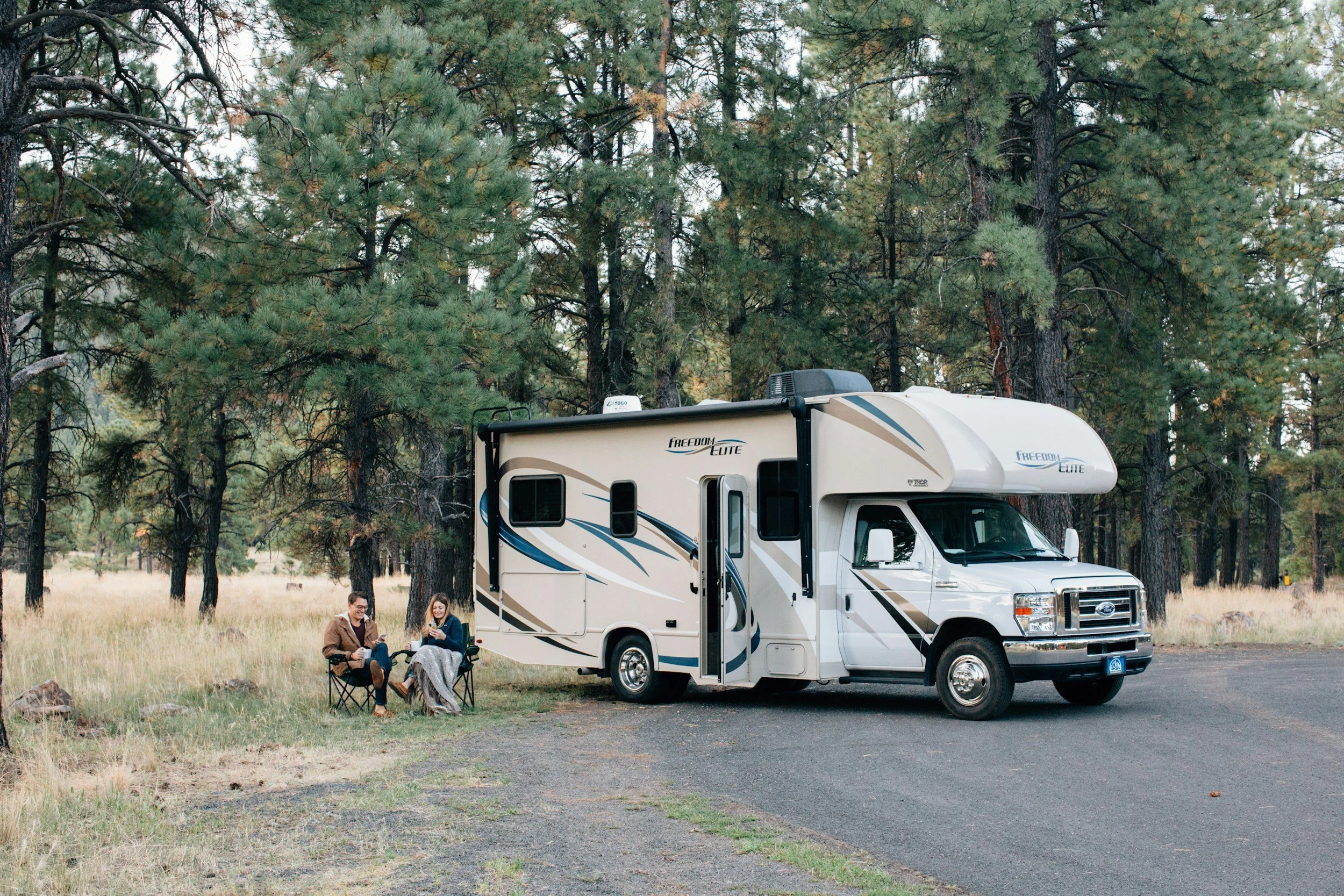Recreational Vehicle’s and Insurance Considerations
Summer is the season when we Canadians love to get out and enjoy nature. One of the best ways to do this is in a Recreational Vehicle (RV). Before you hit the open road, you should consider what your insurance already covers, what it doesn’t cover, and if you should purchase additional insurance to be sure that you are covered.
RVs on the move
If you plan to drive or tow an RV, it will be subject to the mandatory Ontario vehicle insurance rules.
If you own a vehicle in Ontario, you are required to have coverage for third party liability (in case you cause injury or damage to someone else or to their property). This is the same mandatory policy that is provided for statutory accident benefits coverage to yourself and potentially your passengers if an accident occurs, regardless of whether you are at fault. Mandatory insurance also includes coverage for injuries or damage caused by an unidentified or uninsured motorist.
Ontario also has direct compensation property coverage, which means that if the vehicle is damaged in an accident in Ontario, involving at least one other vehicle (also insured in Ontario), your own policy would respond directly to claims for damage to your vehicle or its contents.
There are additional coverages offered with motor vehicle insurance in Ontario, that you may already have which could cover your vehicle or a vehicle rental. You may have collision, comprehensive, or ‘all perils’ coverage which would be available for theft or property damage to a RV.
If you do not have vehicle insurance in Ontario, or your insurance does not include policy coverage for non-owned vehicles (OPCF-20), you should purchase additional insurance. Even if you do have vehicle insurance, many RV’s are large enough or valuable enough to exceed your ordinary vehicle coverage, so purchasing a top-up policy is something you should consider well in advance of your RV rental or purchase.
Parked or permanently located RV’s
In addition to the considerations above for an RV that is driven, towed, or moved, you may also want to purchase coverage for the RV while parked. Some owners keep an RV as a vacation home in a set location year-round, or only move it a few times a year. In these cases, the RV will need to be insured just as a home would be against various perils, such as fire, theft, sewer backup, overland water damage, and any other damage to your belongings contained in it.
Depending on the circumstances of how you use and insure your RV, you may need to purchase liability coverage. If something happens to someone else in or on your property, you may also need coverage for ancillary structures, such as a storage shed, deck, stairs or a porch.
Renting or renting out an RV
Many RV owners do not use their RV full time and will rent it to others as a short-term or long-term vacation home. It is very important, if you are considering these arrangements, that you check with your insurer to find out what coverage you have, and what additional coverage you might need. Similarly, as a paying guest in someone else’s RV, you will want to ensure that your host has appropriate insurance, in case of fire, flood or some other circumstances that could put you or your possessions at risk.
Singer Kwinter has almost 50 years of experience navigating the complexities surrounding RV insurance claims. Contact us today for a free consultation.


